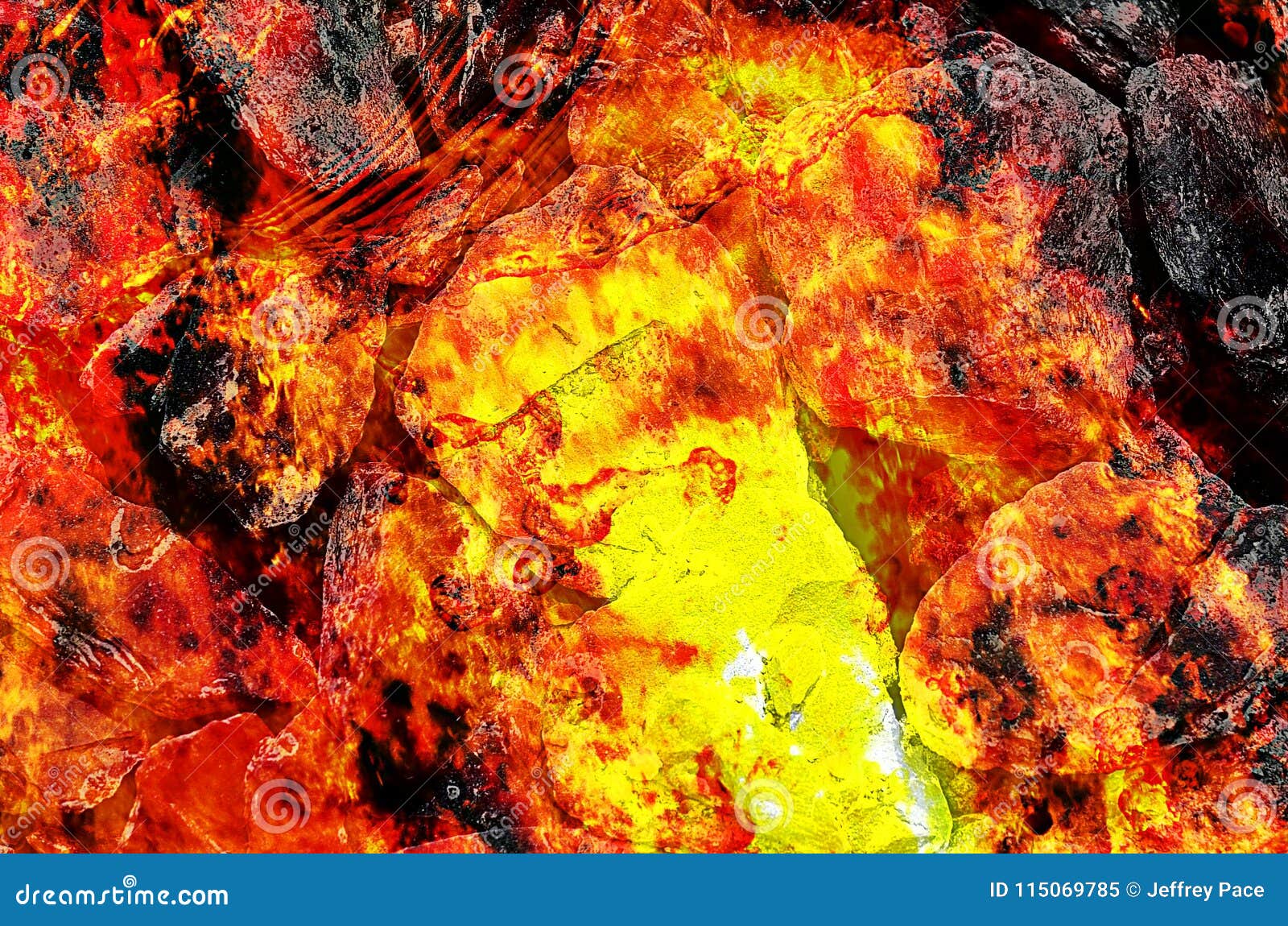What potent imagery does the phrase "fire and brimstone" evoke, and why does it continue to resonate across centuries and cultures? This ancient idiom, deeply rooted in religious and historical contexts, acts as a powerful symbol of judgment, purification, and the ultimate consequences of human actions.
The expression "fire and brimstone" originates in the ancient world, with "brimstone" itself being an archaic term for sulfur. Its association with fire, a destructive and consuming element, creates a visceral image of divine wrath and the consequences of sin. Throughout religious texts, particularly the Bible, this pairing is used to describe the judgment of God, a concept that elicits both fear and reverence.
In the heart of biblical narratives, the phrase "fire and brimstone" frequently accompanies descriptions of divine judgment. Consider the fate of Sodom and Gomorrah, cities condemned for their wickedness. The Old Testament recounts how the Lord rained "brimstone and fire" upon them, a vivid demonstration of the consequences of moral depravity. This event, recorded in Genesis, establishes "fire and brimstone" as a potent symbol of retribution and the ultimate fate of the unrighteous. Similarly, the Book of Revelation employs this imagery to depict the end times, painting a terrifying picture of the Lake of Fire, a place of eternal punishment filled with sulfur. These passages underscore the phrase's enduring power to convey the gravity of sin and the necessity of repentance.
However, the symbolism of fire and brimstone extends beyond mere judgment. In the context of scripture, fire also represents purification and the presence of the divine. The burning bush encountered by Moses, and the pillar of fire that guided the Israelites, showcase fire's capacity to signify God's presence and guidance. Yet, when coupled with brimstone, the connotations shift, suggesting a consuming and cleansing judgment. This duality highlights the complex nature of divine justice, encompassing both destruction and the potential for transformation. It is this combination that lends the phrase its emotional weight.
The impact of "fire and brimstone" is also felt in the realm of rhetoric and preaching. The style of sermonizing characterized by vivid descriptions of judgment and eternal damnation, often referred to as "fire and brimstone preaching," was and sometimes still is a powerful tool for conveying religious doctrine. It leverages the inherent fear associated with the imagery to drive home the importance of faith, morality, and the consequences of a life lived outside of divine grace. Preachers using this style aim to evoke a strong emotional response, urging their listeners to confront their sins and seek redemption.
Consider the verse from Revelation 9:17, where the heads of the horses in a vision "were as the heads of lions; and out of their mouths issued fire and smoke and brimstone." This apocalyptic imagery, drawing on the power of fire and sulfur, reinforces the sense of impending doom. The passage highlights the destructive power of these elements, emphasizing the stakes involved in a spiritual journey. It serves as a warning and an encouragement to live a life aligned with God's will.
The phrase "fire and brimstone" therefore transcends its literal meaning to become a symbol of spiritual truth. It encourages reflection on the reality of divine judgment, the importance of repentance, and the potential for redemption through faith. It is a phrase that continues to resonate in the modern world, urging introspection and prompting us to consider the ramifications of our actions. The exploration of the phrase "fire and brimstone" also offers a deeper understanding of the motivations, moral compass and perspectives and the historical and cultural contexts in which it originated.
Its important to understand what brimstone actually represents. Brimstone is simply an antiquated term for sulfur, a material commonly associated with volcanoes. The mere mention of sulfur alone, conjures up an image of a fiery hell in which sinners are subjected to divine wrath. The words "fire and brimstone" themselves have a weight to them. The phrase is an emotionally potent symbol that has trouble escaping its own gravity.
The phrase serves as a reminder of the eternal nature of the spiritual quest. To understand the power of the phrase, it is essential to acknowledge the stakes involved in our spiritual journey, encouraging us to seek his grace and live a life aligned with his will. It encourages introspection and prompts us to consider the ramifications of our actions and to appreciate the role it plays in both religious discourse and the broader societal conversation about morality and consequence.
The influence of "fire and brimstone" can be seen in various forms of art and literature, often serving as a commentary on morality, justice, and the human condition. Moreover, in recent times, the phrase is used in a variety of contexts that bear less on religious doctrine. In politics for example, the phrase "fire and brimstone" is used to describe a hardline or confrontational approach. The expression remains a dynamic and compelling symbol, whose significance is embedded in our past and relevant to our future.
The idiom of fire and brimstone is a potent phrase, deeply entwined with the history of religious thought, and in general to the concept of divine judgment. Here's a breakdown of its elements and significance.
| Component | Meaning | Significance |
|---|---|---|
| Fire | Represents purification, divine presence, destruction, and judgment. | Highlights the consuming and cleansing aspect of Gods wrath and justice, the power of God. |
| Brimstone | An archaic term for sulfur, often associated with volcanoes, and thus represents punishment and destruction. | Adds an element of intense suffering and destruction to the imagery, often associated with the eternal fate of the wicked. |
| Combined Phrase | A metaphor for God's judgment, anger towards sin, and the eternal fate of the unfaithful. | Serves as a powerful idiom, emphasizing the gravity of sin, the need for repentance, and the importance of living a righteous life. It is also used in preaching styles that employ vivid descriptions of hell. |
Reference: Bible Gateway


